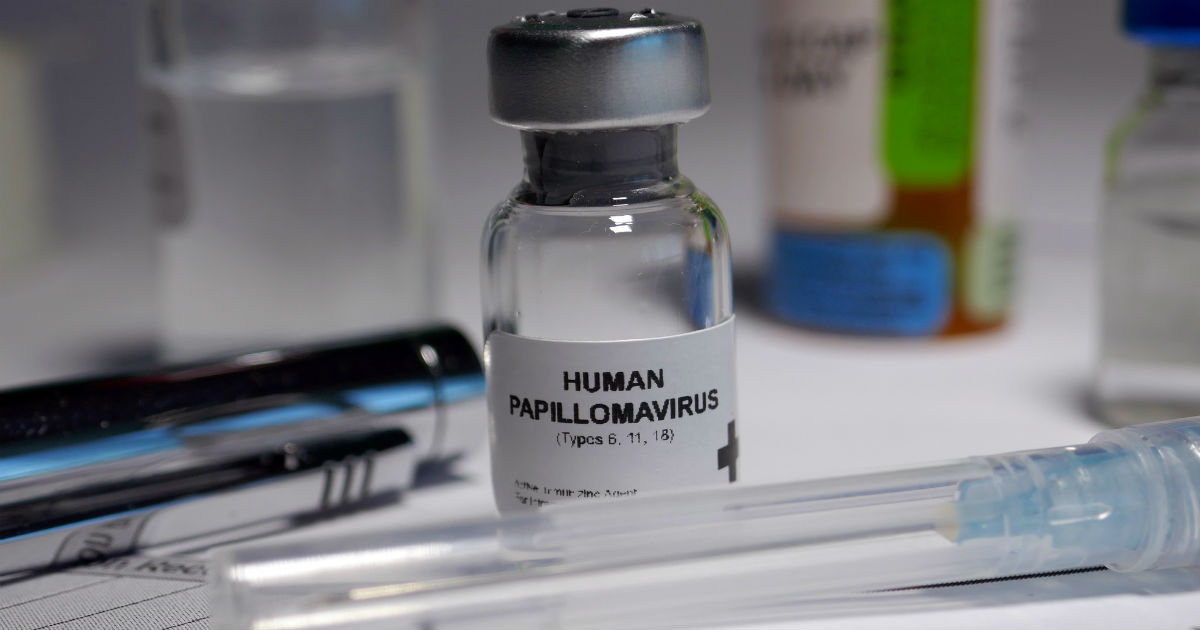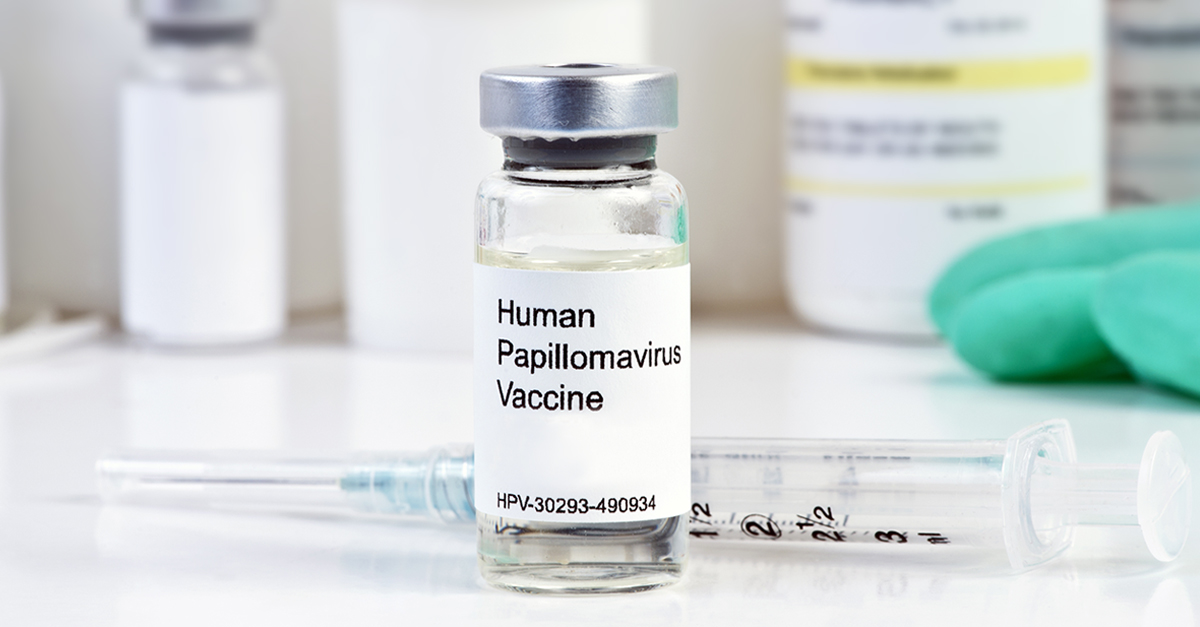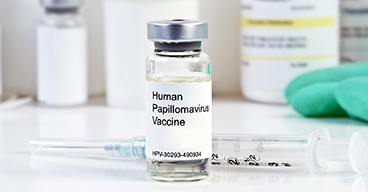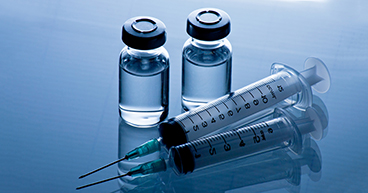
Vaccines have been a standard part of staying healthy for decades, protecting us from deadly diseases such as mumps, chicken pox and measles. When it comes to cancer, though, the concept concept of a cancer vaccine is a bit more complicated than just getting an injection to prevent disease.
There is no vaccine that directly prevents cancer and science says there likely never will be. "There can't be a vaccine for cancer because cancer isn't a single entity. It's thousands of different conditions." says Maurie Markman, MD, President of Medicine & Science at Cancer Treatment Centers of America® (CTCA). But there are vaccines that may be used to treat some cancer. And there are vaccines that attack viruses that may increase cancer risk. Here are four vaccines designed to treat or prevent cancer.
Sipuleucel-T
In 2010, Sipuleucel-T (Provenge®) became the first therapeutic cancer vaccine to receive approval from the U.S. Food and Drug Administration (FDA). Sipuleucel-T is an immunotherapy treatment for prostate cancer, specifically for advanced disease that is hormone resistant and has spread beyond the prostate. Sipuleucel-T is a personalized cancer treatment, with each dose crafted specifically for the patient.
For the vaccine to work, a man first must undergo a process called leukapheresis to remove his white blood cells, which help fight infection. These cells then are exposed to a protein from the cancer cells and a stimulatory molecule. Then, the white blood cells are primed to activate the immune system, and identify and destroy cancer cells.
These activated white blood cells are used to create a vaccine for each patient. The treatment typically takes six weeks, and is administered in three infusions every two weeks. Sipuleucel-T may be used alone or in combination with other treatments, such as radiation therapy and hormone therapy.
Bacille Calmette-Guerin
A preventive vaccine for tuberculosis called bacille Calmette-Guerin (BCG) is also being used to treat bladder cancer. BCG, considered an intravesical immunotherapy, is delivered directly to the bladder, instead of injecting the drug into a vein or giving it by mouth. This type of immunotherapy may only be used for early-stage bladder cancer because the drug is confined to the bladder and can’t attack cancer cells that have spread to nearby organs.
BCG is infused, through a tube or catheter, directly into the bladder. The vaccine works in a similar fashion as Sipuleucel-T, jumpstarting the immune system to find and attack cancer cells. Unlike Sipuleucel-T, BCG does not require a patient’s white blood cells to work. A patient usually is treated with BCG a few weeks after undergoing a transurethral tumor resection. The vaccine is administered once a week for six weeks.
Hepatitis B vaccine
In 1981, the hepatitis B vaccine for liver cancer became the first FDA-approved vaccine to prevent cancer, known as a preventive or prophylactic vaccine. It is recommended that children receive the vaccine shortly after birth. Hepatitis B may increase risk of liver cancer. In fact, chronic infections with hepatitis B or hepatitis C are the most common liver cancer risk factor.
The hepatitis B virus can spread from person to person in three main ways:
- The sharing of contaminated needles
- Unprotected sex
- Childbirth
Other risk factors for hepatitis B include:
- Sexual contact with someone infected
- Intravenous drug use
- Chronic liver or kidney disease
- Diabetes, especially if you’re younger than 60
- Exposure to human blood or other body fluids
- Kidney dialysis
HPV vaccine
Preventive vaccines for HPV-related cancers—Gardasil®, Gardasil®9 and Cervarix®– are designed to protect against infections from the types of human papillomavirus (HPV) responsible for about 90 percent of cervical cancers. HPV also has been linked to high percentages of vaginal, vulvar, anal, penile and head and neck cancers.
HPV is the most common sexually transmitted infection. With more than 100 types of HPV, nearly all sexually active men and women will contract at least one type at some point in their lives. But an HPV infection does not necessarily mean cancer will develop. About 90 percent of HPV infections clear up by themselves. Only those that persist can cause serious health problems, including cancer.



